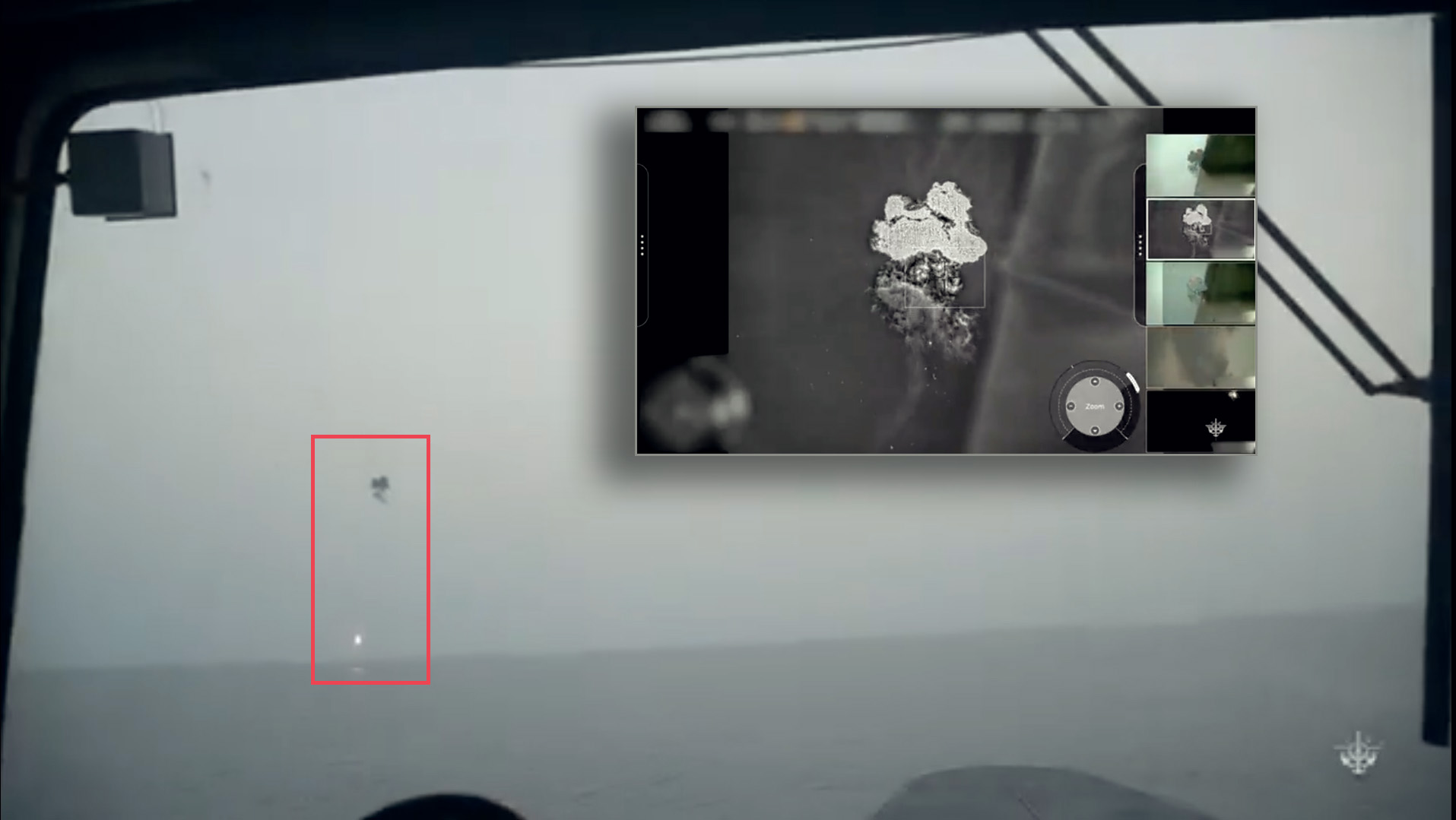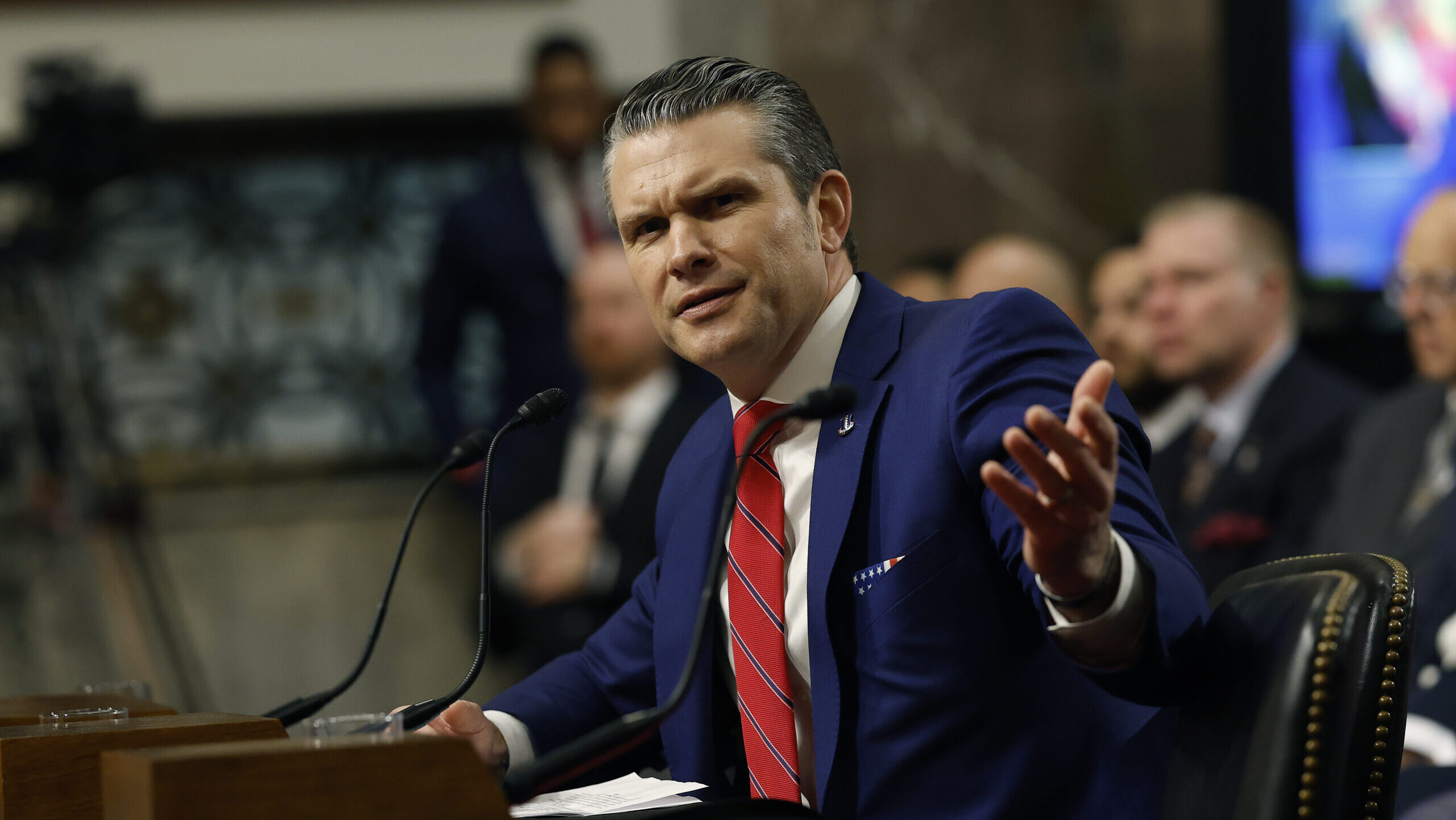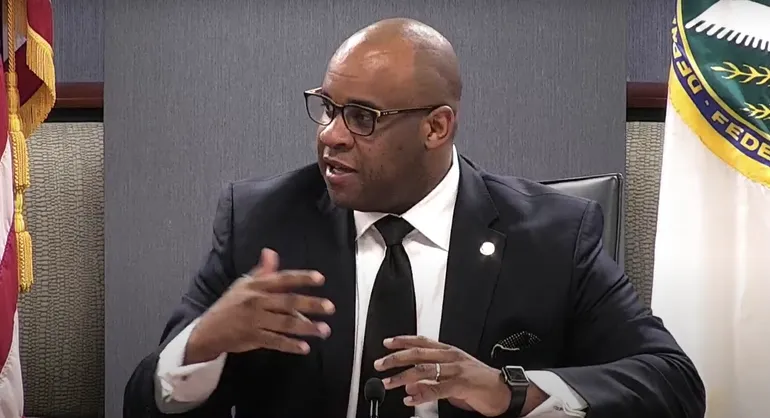A Guide for Boards Evaluating Conflicted Transactions Under the Amended Delaware Law
In perhaps one of the most significant revisions to the Delaware General Corporation Law (DGCL), on March 25, 2025, the governor signed into law amendments overhauling much of the state’s law relating to conflicted transactions between corporations and their directors, officers, and controlling stockholders. The amendments are part of a trend to lend certainty to […]

Andrew Noreuil and Brian J. Massengill are Partners, and Andrew J. Stanger is a Knowledge Counsel, at Mayer Brown LLP. This post is based on their Mayer Brown memorandum, and is part of the Delaware law series; links to other posts in the series are available here.
In perhaps one of the most significant revisions to the Delaware General Corporation Law (DGCL), on March 25, 2025, the governor signed into law amendments overhauling much of the state’s law relating to conflicted transactions between corporations and their directors, officers, and controlling stockholders. [1] The amendments are part of a trend to lend certainty to principles developed by Delaware courts over decades, and while likely to be welcomed by corporate boards and transaction advisors, the amendments themselves will be subject to further interpretation as corporate actors wrestle with the implications of these changes.
This Legal Update summarizes the amendments to DGCL §144, focusing on the step-by-step process boards may use to evaluate and structure conflicted transactions under the new framework. This update is intended to guide boards through the various options under the amended §144 to achieve “safe harbor” status for conflicted transactions and minimize exposure to potential litigation. Where relevant, this update notes the historical context of the amendments and offers further considerations on their practical nuances.




































































![[Podcast] Behind the Breakthroughs: How Almac Powers Clinical Trial Success with Care](https://imgproxy.divecdn.com/5lAJkli_KcGt1FSsw4EaegjgP76IHREqYEWbhNBJOXw/g:ce/rs:fit:770:435/Z3M6Ly9kaXZlc2l0ZS1zdG9yYWdlL2RpdmVpbWFnZS9CaW9QaGFybWFEaXZlXzEzNDZfeF83MjlfQXJ0d29yay5qcGc=.webp)






























































































.jpg)




